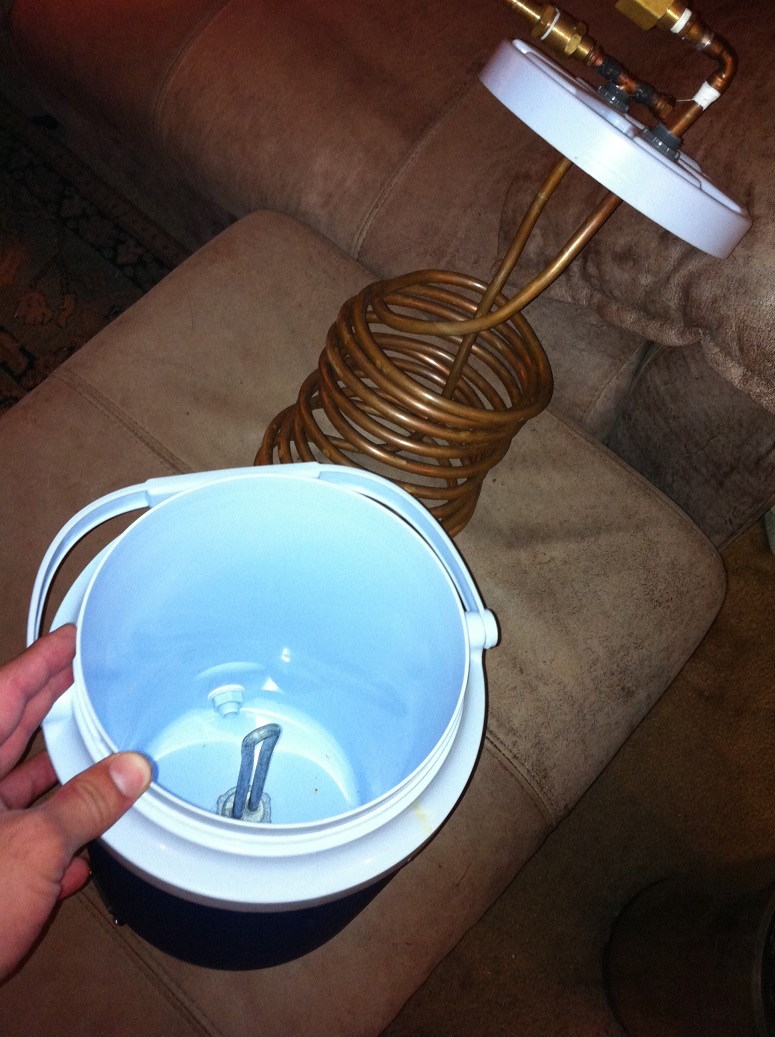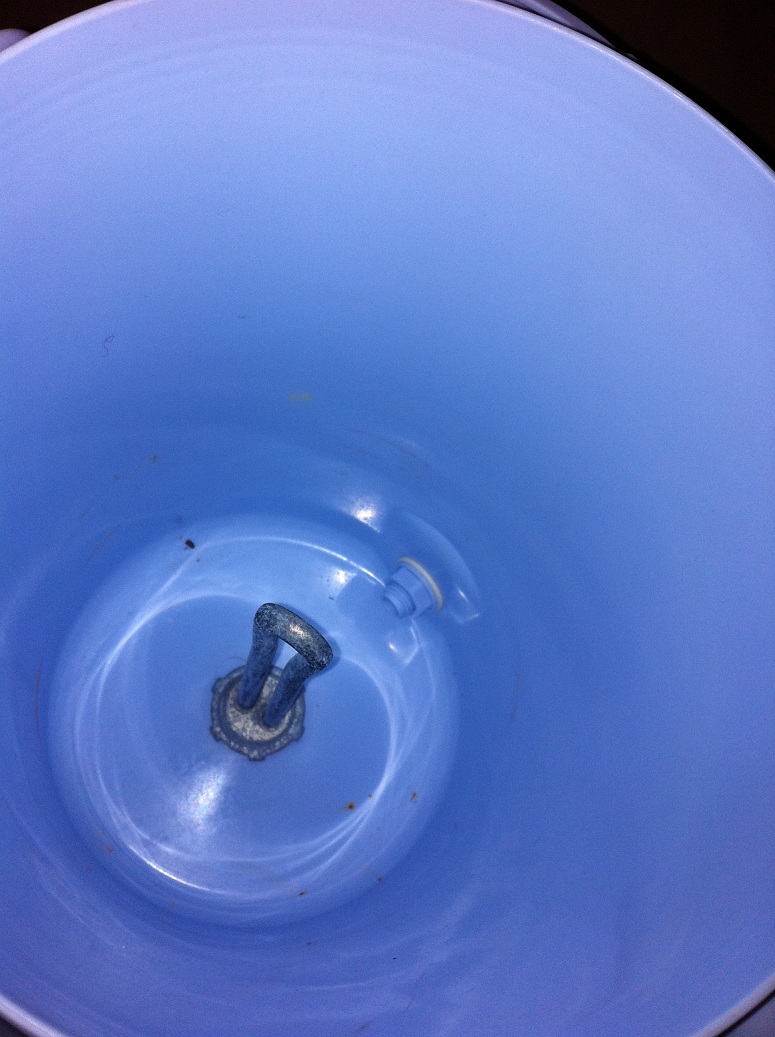So I recently finished my herms set up. I'm using a 2 gallon cooler with a heating element (controlled by a pid) and a copper coil as the herms. My buddy who has experience brewing electric told me I need to install a sacrificial anode to prevent corrosion on my heating element. After some research I have a couple questions I was hoping you guys could answer.
The most helpfull thread I found here on HBT at:
https://www.homebrewtalk.com/f51/electric-heating-element-rust-prevention-172928/
There was a lot of talk about electrical contact etc and that's where my questions stem from.
There was some talk about using silicone to prevent the element's thread from making contact with the metal brew pot. Does that stop corrosion? Since my vessel is entirely plastic do I even need a sacrificial anode at all?
If I definitely do, then how should it be implemented in my vessel? Does it need to be in contact with the heating element? If so, does it matter where it contacts it? Should it be in contact with the threads or the actual element?
I was thinking about getting one of these since they're cheap:
http://www.google.com/products/catalog?hl=en&safe=off&rlz=1C1CHFX_enUS391US391&bav=on.2,or.r_gc.r_pw.&biw=1920&bih=1075&q=sacrificial+anode&um=1&ie=UTF-8&tbm=shop&cid=10217543507692931987&sa=X&ei=BXVDTu_9L6izsAKr5-XmCQ&ved=0CGEQ8wIwAg
Putting it in the vessel somewhere then taking the wire that's on it and attaching it to the heating element base on the outside. Is that ok??
I've brewed with it once so far and I don't see any signs of corrosion. The picture attached is after the one brew. You can see there's some white crud on the element but I think that's just mineral deposits from the tap water I used.
I was also thinking, its a 1500w 120v element and I got it for $12 at the hardware store. It never actually comes in contact with wort so I'm not concerned at all about it corroding into my beer. I just don't want to have to replace it very often. If I have to replace it every year or so because I don't have a sacrificial anode then I'm fine with that. How long will it take to corrode to the point where it's not usable? Are there any safety concerns with running a heating element that's partially corroded?
Side question for electric brewers: (wow didnt expect my post to be this long)
I't my understand that the purpose of a sacrificial anode is to corrode first so that the heating element will corrode less, thereby lengthening its life. Sorry if that's wrong and I'm misinformed. For those of you that have heating element in direct contact with wort, here's my question: It's great and all that the sacrificial anode is protecting the heating element, but dont you still have a hunk of metal that is corroding into the wort by design? How does that pan out?
Thanks for reading.


The most helpfull thread I found here on HBT at:
https://www.homebrewtalk.com/f51/electric-heating-element-rust-prevention-172928/
There was a lot of talk about electrical contact etc and that's where my questions stem from.
There was some talk about using silicone to prevent the element's thread from making contact with the metal brew pot. Does that stop corrosion? Since my vessel is entirely plastic do I even need a sacrificial anode at all?
If I definitely do, then how should it be implemented in my vessel? Does it need to be in contact with the heating element? If so, does it matter where it contacts it? Should it be in contact with the threads or the actual element?
I was thinking about getting one of these since they're cheap:
http://www.google.com/products/catalog?hl=en&safe=off&rlz=1C1CHFX_enUS391US391&bav=on.2,or.r_gc.r_pw.&biw=1920&bih=1075&q=sacrificial+anode&um=1&ie=UTF-8&tbm=shop&cid=10217543507692931987&sa=X&ei=BXVDTu_9L6izsAKr5-XmCQ&ved=0CGEQ8wIwAg
Putting it in the vessel somewhere then taking the wire that's on it and attaching it to the heating element base on the outside. Is that ok??
I've brewed with it once so far and I don't see any signs of corrosion. The picture attached is after the one brew. You can see there's some white crud on the element but I think that's just mineral deposits from the tap water I used.
I was also thinking, its a 1500w 120v element and I got it for $12 at the hardware store. It never actually comes in contact with wort so I'm not concerned at all about it corroding into my beer. I just don't want to have to replace it very often. If I have to replace it every year or so because I don't have a sacrificial anode then I'm fine with that. How long will it take to corrode to the point where it's not usable? Are there any safety concerns with running a heating element that's partially corroded?
Side question for electric brewers: (wow didnt expect my post to be this long)
I't my understand that the purpose of a sacrificial anode is to corrode first so that the heating element will corrode less, thereby lengthening its life. Sorry if that's wrong and I'm misinformed. For those of you that have heating element in direct contact with wort, here's my question: It's great and all that the sacrificial anode is protecting the heating element, but dont you still have a hunk of metal that is corroding into the wort by design? How does that pan out?
Thanks for reading.




